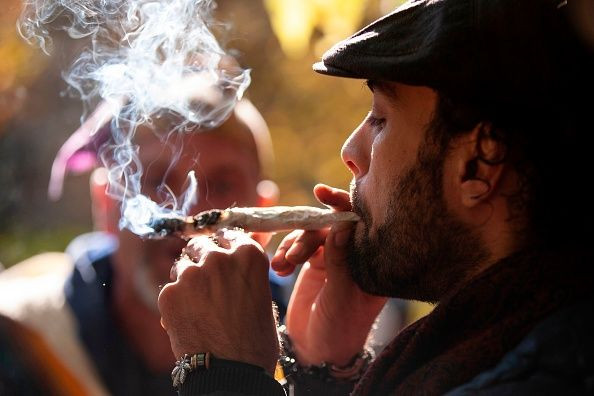Marijuana Overdose: Signs, First Aid And Treatment

Is it possible to overdose on weed? The answer is yes.
Despite being considered legal for both recreational and medical use in many U.S. states and other countries, weed is a potentially addictive product that can still have devastating effects if not consumed in moderation. Marijuana overdose is largely a product of poor self-regulation and control. Thus, it is important for those who can access it freely to know when it is too much.
With marijuana easily available on many pot shops and online, depending on your location, it is easy to fall prey to the misconception that you can have as much as you want. Weed overdose is very much real and here are the common signs of it happening.
Signs of Weed Overdose
The signs and symptoms of marijuana overdose can include uncontrollable shaking or seizures, a sudden spike in blood pressure coupled by a headache, palpitations and chest pain and pale skin color. Overdose will also manifest in one’s behavior, such as extreme panic attacks and anxiety (or, conversely, unresponsiveness), decreased perception and lack of coordination, and paranoia, hallucinations and psychotic reactions.
First Aid for Marijuana Overdose
If you suspect somebody to be overdosing on weed, call 911 right away or rush over to the nearest emergency room. The side effects of marijuana can last one to three hours when smoked, while it can go longer if it was consumed as a drink or food. If you are the one who is overdosing, call for help—never drive yourself to the E.R.
If the person has stopped breathing, administer CPR right away (if you are trained). When you reach the E.R., the medical staff might provide I.V. fluids, breathing support, a sedative, a chest x-ray and other diagnostic and confirmatory tests.
Weed Overdose Treatment
The best treatment for marijuana overdose is emergency medical intervention. Once stable, the path to recovery involves detoxification, outpatient or inpatient recovery, and other types of supportive therapy. Depending on the addiction, a person might be asked to stay in a live-in facility for 30 to 90 days. Inpatient care will include 24/7 medical and psychiatric care, individual and group counseling, and relapse prevention methods.
© Copyright IBTimes 2024. All rights reserved.





















